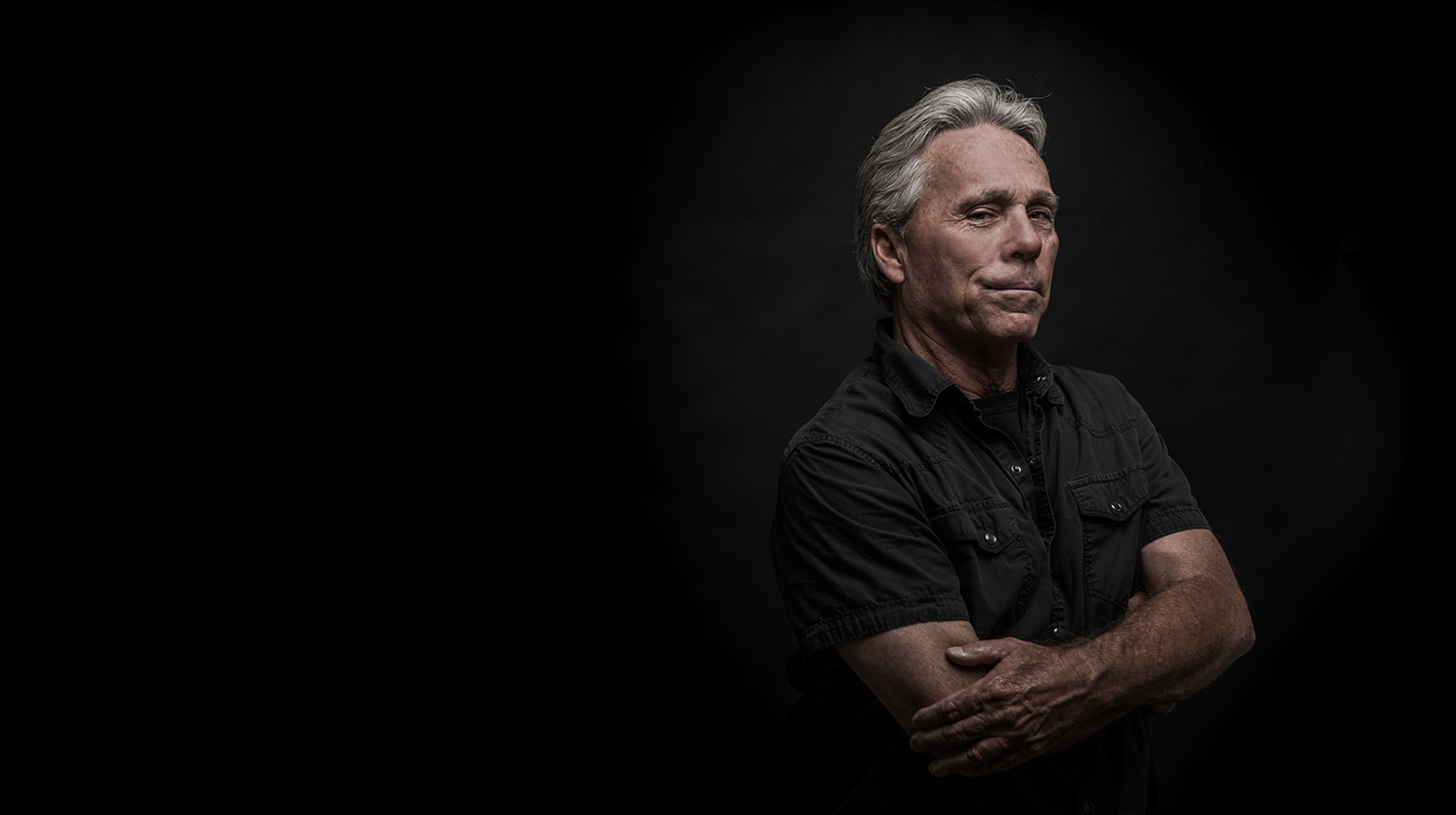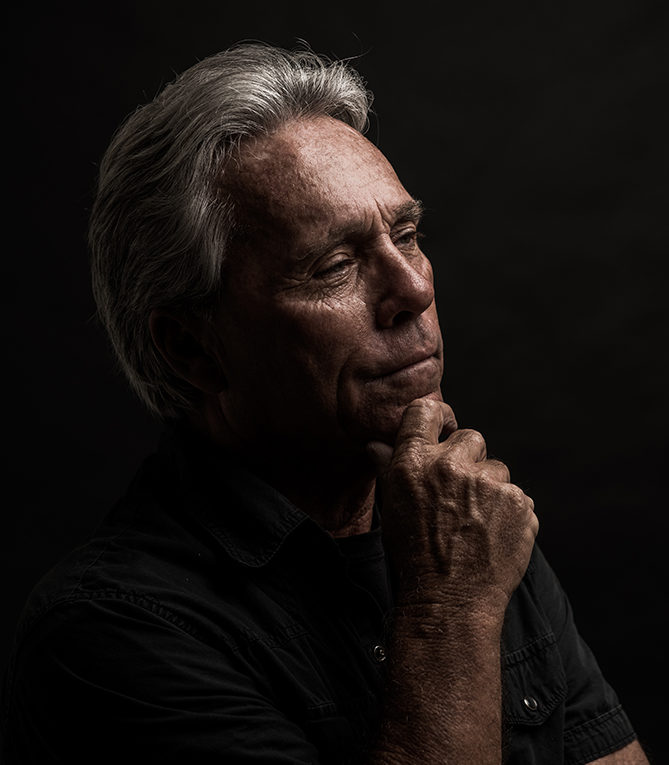
Joe Taylor has an unusual plan for the next phase of his life, which starts this summer after he graduates with a bachelor’s degree in business administration from California State University, Dominguez Hills (CSUDH). He plans to retire.
Students Taylor’s age–he is 71 years old–typically have unique reasons for putting in the time and dealing with the inherent challenges of earning a college degree later in life, but career advancement isn’t often one of them. For Taylor, he had something to prove to himself, and a promise to fulfill to his twin 19-year-old granddaughters.
“My granddaughters were applying at universities. One night when we were sitting at the table talking about their hope to get accepted to Southern Utah University to play softball, they said, ‘Grandpa, we’re not going there unless you go back to college, too. We know you have always wanted to go back,’” Taylor recalls. “I thought that was a wonderful thing they did.”
Once a Toro, Always a Toro
A decorated Navy combat veteran, Taylor had been on the college track when he returned from the Vietnam War in 1972. He enrolled in the real estate degree program at CSUDH, with every intention of finishing. However, the psychological effects of the war and the need to support his growing family interrupted his college education.
“We didn’t call it PTSD [Post-Traumatic Stress Disorder] back then. Some used shell shocked, but what I do know was that I felt very anxious, angry a lot, and didn’t have much tolerance. When I had to settle down to read and to retain information it was really hard,” explained Taylor, who grew up in Santa Monica and now calls Huntington Beach home. “I thought that I could deal with it myself and I was considering studying pre-med, but we then had a tragedy in our family, and I got married and had two children, so I went to work.”

He got a job as a parking lot attendant at the Hollywood Park Racetrack in Los Angeles and worked his way to the top as the parking manager, a job he held until 2013 when the racetrack closed. An entrepreneur at heart, Taylor decided to go into business for himself in 2016, and started a vinyl floor and windows company in Orange County, which he will retire from this summer.
2016 was the same year his granddaughters gave him their college ultimatum.
Taylor chose to return to CSUDH to finish his degree. He discovered, however, that the real estate degree program had been discontinued years before. He thought a degree in business management would be a good fit for his new career. With major decided, Taylor was still apprehensive.
“I had doubts about going to college, but what helped me the most was the staff at Cal State Dominguez Hills,” he said. “Al Carpenter [retention specialist in the University Advisement Center] really challenged me. He said, ‘If you walk out of my adviser’s office right now–if you tell yourself you can’t do this–then you never will.’ He’s an inspirational man, and what he said haunted me. So I moved forward.”
There are intrinsic advantages for students Taylor’s age who can tap decades of acquired skills and life experiences to thrive among and with their peers. There are also challenges, and technology is typically one of them.
Taylor’s son Richard stepped in to help on the computer during many late-night homework assignments. He also found himself in CSUDH’s Campus Tutoring Center.
“There were these young guys in the center who taught me how to use a computer, and others taught me how to do math. It was such a wonderful experience,” Taylor shared. “They were great kids from other cultures and different walks of life than my own. Even in the classroom, I had students helping me. You would think that there would be an age gap–that there might not be a connection–but no, it was just the opposite.”
A Mentor by Chance
In the classroom, Taylor’s fellow students looked up to him, were curious about his life, or would ask for advice.
“Getting to know the other students was one of the most rewarding things for me,” Taylor recalls. “Some asked me questions, such as what I do for work and how I got my job, or how much do I get paid. These are things that they typically wouldn’t ask an instructor.”
Another student was having trouble getting to class and turning in work, and was warned about his attendance. Taylor asked the professor to give him another chance, because the student had previously confided in him about being abused by his parents.
“I told this kid that when I was young and in college, I didn’t know what I wanted to do. All I knew was that I had to go to school to get it done. So you need to come to class. That’s when he told me about the abuse at home,” Taylor said. “We later had a tough question on a test, and I told him that if I can get past it, I know you can, and he did. He fist bumped me. It was a great feeling.”
Taylor’s professors also inquired about his unique background, usually on behalf of their students.
“We had to do a speech and presentation in one class. I did a lot of work on it, but when I got up there the instructor said, ‘We want to hear about the 1960s.’ Somehow that became my presentation.”
Other CSUDH professors have gone out of their way to help Taylor when he was struggling. His Excel instructor spent “hours and hours” with him after he labored on a test. Mathematics Professor Francisco Romero came to his assistance on another exam.
“I took a math test and did terrible. My professor threw it back at me and said ‘I know you can do better,’ and to ‘See me after class,’ Taylor admitted. “I sat there with him, he showed me where I made my mistakes. He told me he would give me a grade higher on the test if I did it over again. I did, and did better. When I took the final he put his hand on me and said, ‘Congratulations.’”